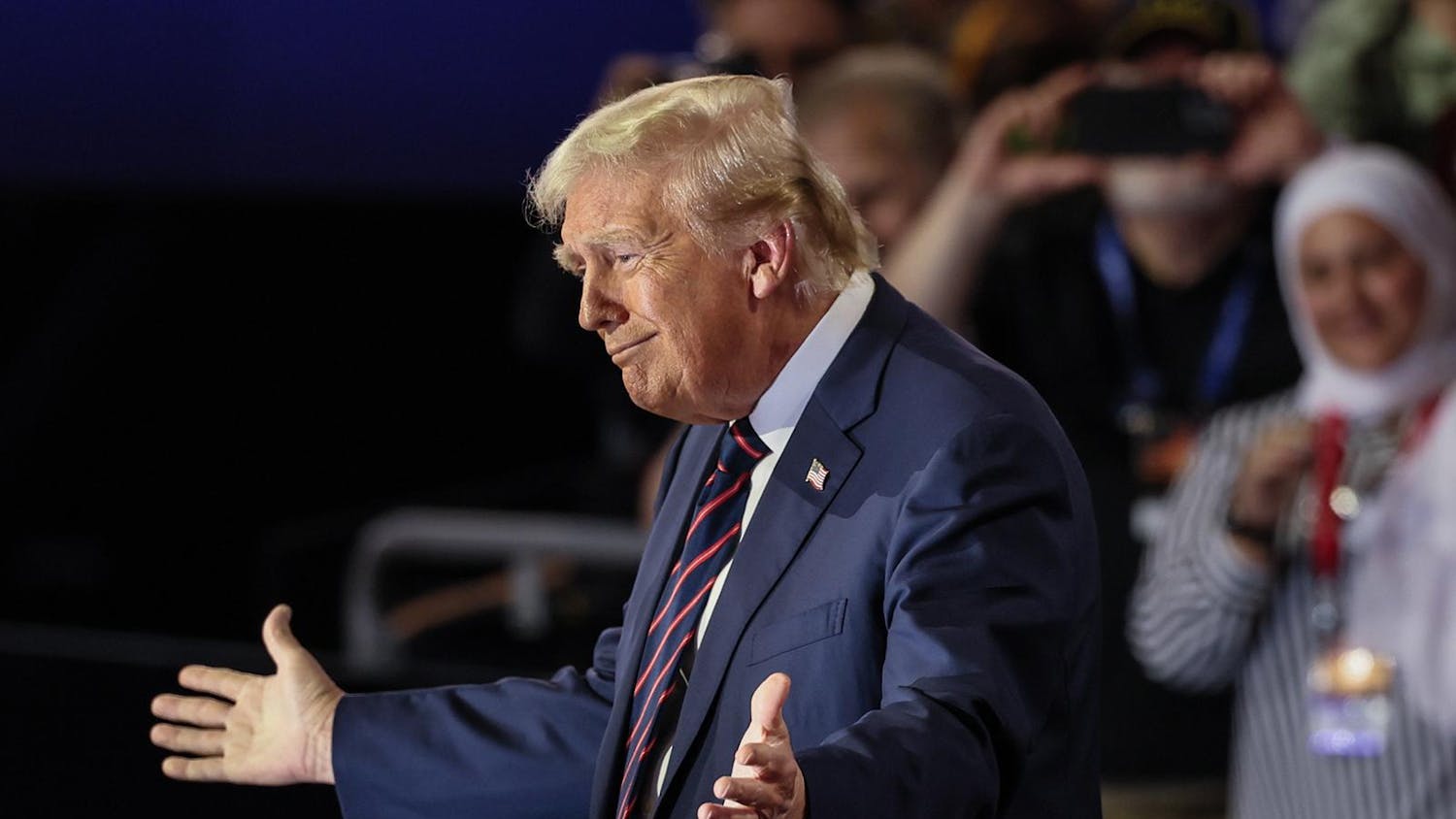BOSTON – Harrah’s Entertainment pitched a proposed Rhode Island casino to college students as a place “to have fun when they’re taking a break from studying.”\nIn Connecticut, home to two of the world’s largest resort casinos, a minimum age limit of 21 doesn’t deter young people. And colleges in Missouri changed their health center intake forms to include a space for gambling issues, after counselors found the problem was prevalent but not being addressed.\nAs Massachusetts debates a proposal by Gov. Deval Patrick to allow three full-scale casinos, professionals are warning that college students are more susceptible than others to gambling addictions, and that college administrations are not prepared to deal with the \nfallout.\n“There is a steady flow of high school and college students that attempt to get into the casinos,” said Marvin Steinberg, head of the Connecticut Council on Problem Gambling.\nPatrick’s plan would put poker, roulette, slot machines and the accompanying free drinks within a short drive from many of the state’s more than 100 college campuses. \nAnd if racetrack owners in Boston or Revere win a license, students at Harvard, Boston College, Northeastern University and other schools could ride Massachusetts Bay Transportation Authority trains to go gambling.\nHarvard researchers peg the rate of college students with a severe gambling problem at 5 percent, with another 7 percent considered “problem” gamblers. Both rates are about double the adult rates.\n“By the time they get to college, most kids have already gambled,” said Keith Whyte, executive director of the National Council on Problem Gambling, citing the lottery. \n“However, most have probably not had the opportunity to go to a casino with high stakes and access to credit. It would be exposing them to a new type of gambling.”\nThe governor estimates three resort casinos would generate $450 million in annual tax revenue, which he would spend on repairing roads and property tax credits for homeowners.\nCasino gambling last year generated $57 billion in revenue, and Massachusetts is among just 14 states that still prohibit casinos and slot \nmachines. \nPatrick acknowledged there will be side effects, such as addiction and child neglect, but says they are “manageable” through programs to be funded by casino tax revenue.\nJudyAnn Bigby, the state’s secretary of health and human services, said the casinos will attract an upper-income crowd, not college kids.\n“These are destination resort casinos,” she said. “It’s not designed to attract college students. My understanding of where the students gamble is on the Internet.”\nBigby added that casinos would train workers to identify problem gamblers, and casino operators would be prohibited from advertising to young people.
Experts: Building near schools is risky for students
New casinos could be built near Mass. colleges
Get stories like this in your inbox
Subscribe





